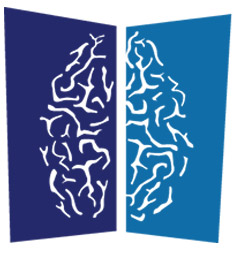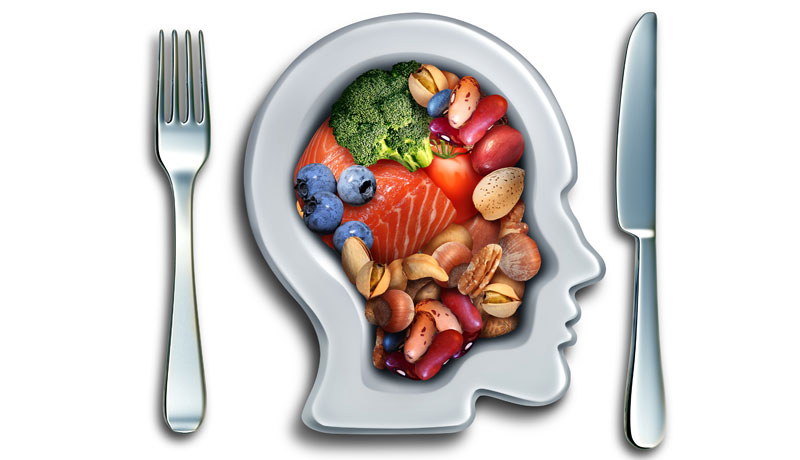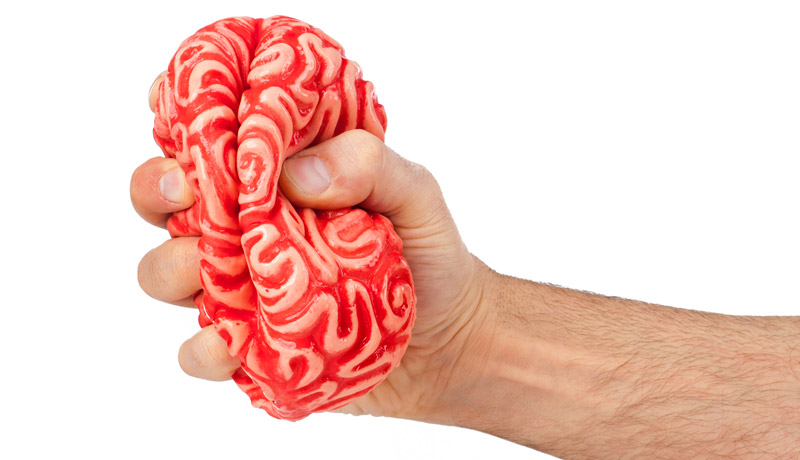Why do we eat what we do?
Imagine you’re craving something comforting yet undoubtedly naughty. Why do you go for the chocolate, not the broccoli? Why the ice cream instead of the salad?
It turns out that this particular preference for sugar is an old one, biologically ingrained for our survival. Interestingly, our ancient brain still associates bitterness with a warning for poisonous plants, while sweet tastes signal survival, with their promise of instant energy and lots of calories.
But in these modern times, our survival needs have radically changed. We need the broccoli more than the chocolate. And a new science may be helping us to understand how to adapt to this change. It entails our understanding of how the brain works to process our food tastes based on information from our senses.
What Is Neurogastronomy?
Neurogastronomy is a relatively new science that studies how the human brain perceives food from the information processed through smell, taste, sight, touch and hearing. From that, it seeks to determine how that information is merged within the orbitofrontal cortex in order to create the brain’s perception of flavor.
In essence, this science means that rather than change broccoli to simply taste better, neurogastronomy seeks to concentrate on how to work with the brain to perceive food differently—to think those vegetables are delicious and worth eating rather than sweets.
Neuroscience is only part of this emerging field. The many other areas that comprise neurogastronomy are listed below. They are all part of a cooperative endeavor, and they must work together to help develop and utilize this food knowledge to address important concerns, many of them in the medical field.
Among others, these fields include:
- Culinary arts
- Biochemists
- Behavioral psychologists
- Clinical neuroscientists
- Bench neuroscientists
- Anthropologists
- Agriculture and food technologists
- The History of Neurogastronomy
Neurogastronomy is a relatively new science. It was first conceived, and the term coined, in 2006 by Gordon M. Shepherd, MD, a professor of neurobiology at the Yale School of Medicine. In that year, he published an article in the journal Nature regarding the molecular biology of smell; specifically, regarding the olfactory receptors and the biochemistry of food preparation—and how all of this is processed by the brain.
Jump ahead to a decade later when the recognition of the link between the brain and eating behavior and the field of neurogastronomy was rewarded with funding by the National Institutes of Health (NIH), including the Smell and Taste division.
Today, this field works to connect eating behavior to a more complex dynamic than in the past, thus creating myriad ways to understand and approach the subject of why we eat what we do.
Food and Eating: It’s All Connected to the Brain
Consider the orbitofrontal cortex, that part of the brain that processes flavor. The orbitofrontal cortex is also linked to memory, learning, cognition, language and emotion. This association suggests that the perception of flavor might be one of our many higher brain functions.
The hope is that by focusing on this association with the brain instead of simply the physical or emotional aspects of eating, neurogastronomy may be able to alter eating habits with a more successful and meaningful approach.
What Could Neurogastronomy Mean?
Neurogastronomy has vast potential to address the areas of general nutrition, dieting and obesity. It also has implications for medical conditions and treatments.
At Advanced Neurosurgery Associates (ANA), we deal with many conditions that impact food and appetite. Brain injury is just one example. Of note, a study published in Brain Injury involving 49 patients found that 55 percent of them had an impaired sense of smell. Since olfactory function is mandatory for appetite, it stands to reason that brain-injured patients are vulnerable to problems eating.
Neurogastronomy also has wide implications for many of the other diseases we encounter at ANA. Parkinson’s disease, Alzheimer’s disease, cancer, stroke and epilepsy are all liable for problems with loss of appetite. This is sometimes due to the disease or condition itself. Sometimes, it’s the result of the side effects of medications, such as chemotherapy and epilepsy drugs.
Bon Appétit!
While an important focus is on quality of life for those who suffer from various conditions, we can all benefit from neurogastronomy. After all, on the simplest level, this brain-appetite connection can help us eat better and enhance our universal love of food.
Originally posted on the Huffington Post.

ANA is a team of expert neurosurgeons and medical professionals, who combine their decades of knowledge to provide information, events, and articles on a range of neurological conditions.



